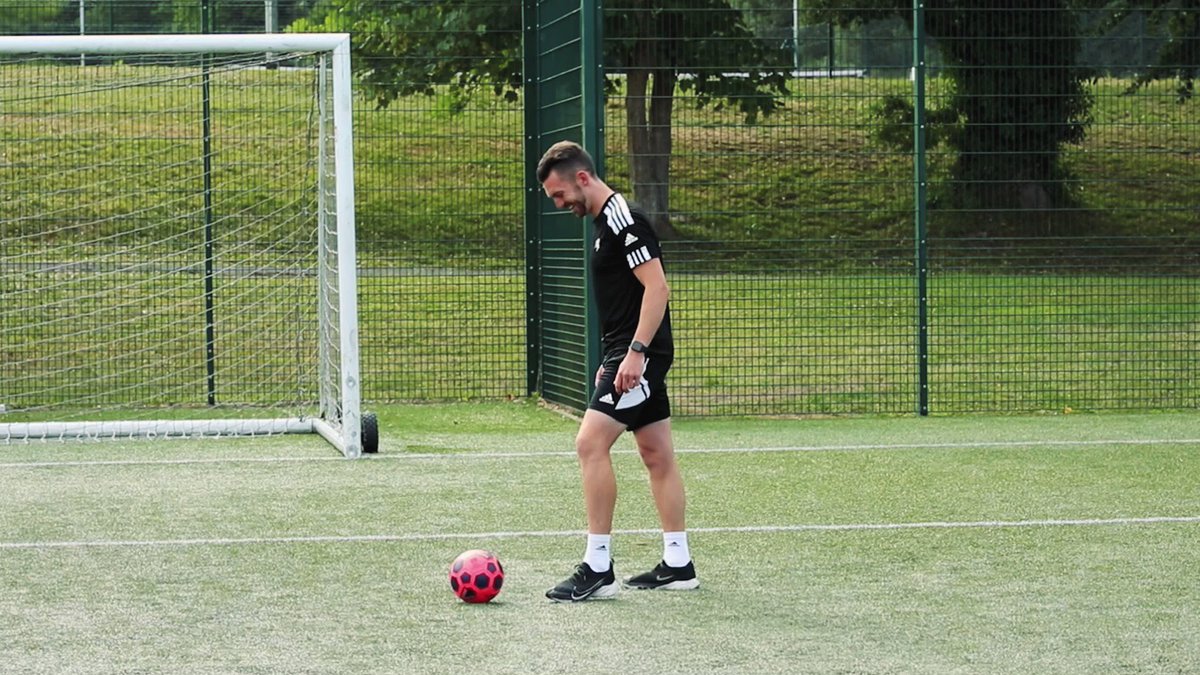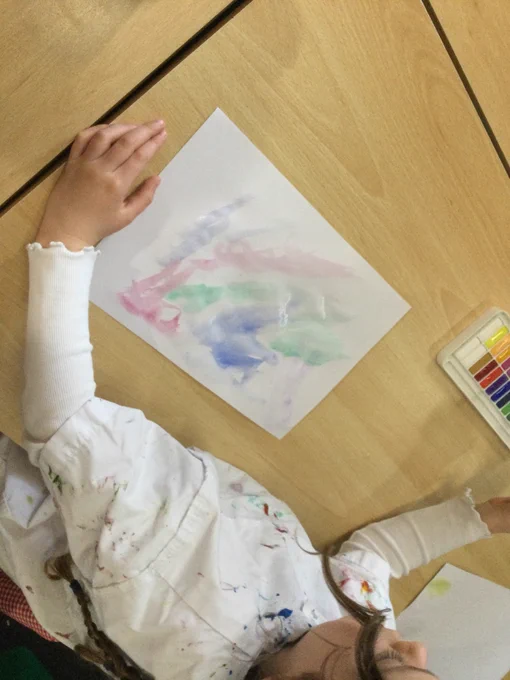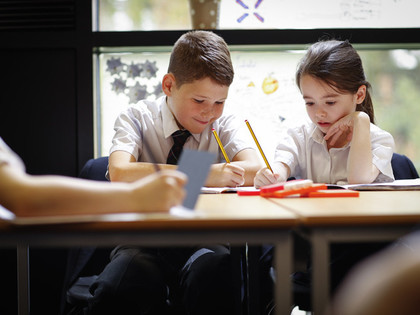Download our FREE smartphone app today!
Online Safety
| Incident Management Flowchart |
| Online Safety Incident Form |
| DigiDuck e-Book |
| Digital Parenting Magazine |
| Ofsted Online Safety Advice |
| YouTube Parent Advice |
| Net Aware - Advice for parents |
Advice for children and young people on how to deal with online (cyber) bullying
- Always respect others on and offline – think about what you say online and what images you send/post and be aware that online messages can easily be misunderstood.
- Remember that anything you publish online can be made public very quickly and you will never be sure who may have seen it. Once something is posted you can lose control of who sees it and where it may end up.
- Treat your password like a toothbrush – never share it with anyone and only give your personal information like mobile phone number or email address to trusted friends. Be careful to log out of sites and apps if you share your device with others.
- Learn how to block or report online bullies or anyone behaving badly and don’t retaliate or reply to nasty messages. This is usually what the bullies are trying to get you to do. Remember that if you reply with a nasty or unkind comment then it could get you into trouble too.
- Always make sure that you save evidence of online (cyber) bullying by saving or printing out text messages, online conversation, pictures etc. Try and include as much information as possible, such as web addresses (URLs), contact numbers, user names, times, dates, locations.
- Always make sure you tell someone if you are being bullied online:
- an adult you trust or contact Childline
- The service provider e.g. website, app, mobile phone provider etc where the bullying is taking place
- If a crime has been committed or someone is at risk of harm then contact the police
- If you see online (cyber) bullying going on, then support the victim and REPORT it to the website or your school, don’t be a bystander and say nothing otherwise you become part of the problem.



























